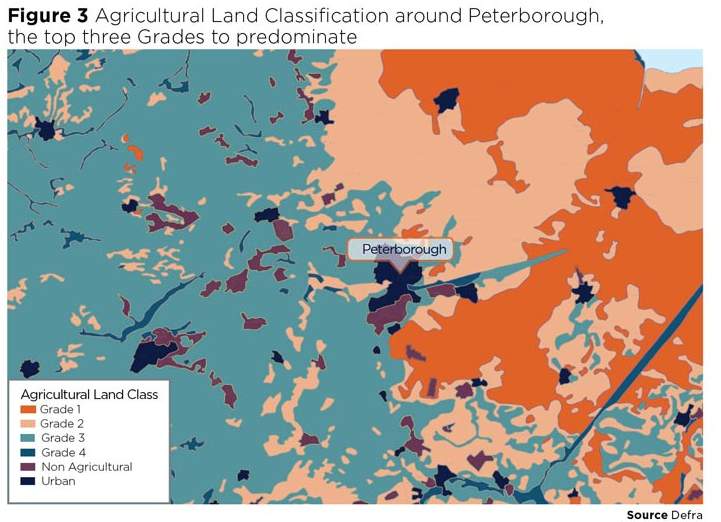Uncertainty continues to weigh heavily on farmers’ minds and decisions over releasing land to the market continue to be delayed
The combination of policy change and political uncertainty is causing sellers to be more nervous than buyers. Across the East of England, average prime (Grade 1 and 2) and average Grade 3 arable values are around £8,500 per acre and £7,900 per acre respectively and have remained relatively stable during the second quarter of this year. We are predicting average values will remain stable while demand continues, especially for the ‘right’ farms, in a market where product is very limited.

Our agents, however, reported that there is a broad range of prices achieved either side of the average, with neighbours working quickly to secure rare opportunities to acquire adjoining land, and the weak pound has renewed international interest in farmland assets in well-located areas. The recent correction in the value of bare commercial farmland is now creating opportunities for investors to make a reasonable return, and conservation-minded buyers continue to express an interest in marginal and high-nature value areas.
It is well documented that market activity across Great Britain over the past 15 to 20 years has been low in the historical context with, on average, farms now changing hands just once every 200 years. This pattern is the same in the East of England with just 7,000 acres of farmland publicly marketed in the first half of 2019. This is the lowest volume on record apart from in 2004, the year before the single farm payment was introduced, when just 5,000 acres came to the market in the corresponding period.
Brexit with a deal or without; we know there are significant changes on the horizon for agricultural and environmental policy. This will no doubt bring new opportunities and threats to land-based businesses. Peterborough is surrounded by top-quality farmland and is serviced with good transport links. Food production will remain a top priority, especially on the best land, but with increasing focus on carbon, we expect Grade 1 peatlands to come under increasing scrutiny in the years ahead. Innovation, including collaboration, will need to be embraced to ensure that businesses remain profitable whilst being sustainable. Sustainable agriculture is becoming a significant issue for investors and supply chains, requiring farmers to balance economic productivity goals with environmental and social costs – water use in agriculture is a good example of a topic that cuts across both of these.
However, environmental and social themes can add real value to land-based businesses, especially with marginal and non-agricultural land, providing drivers for new income streams. These include renewable energy, strategic development, environmental offsetting, carbon sequestration and diversified enterprises.
Understanding the economic, environmental and social value of your business will be a good foundation to mitigating the risks and fostering the opportunities that lie ahead – both to income and capital values.
Read the articles within Spotlight: Peterborough below.
.jpg)
.png)